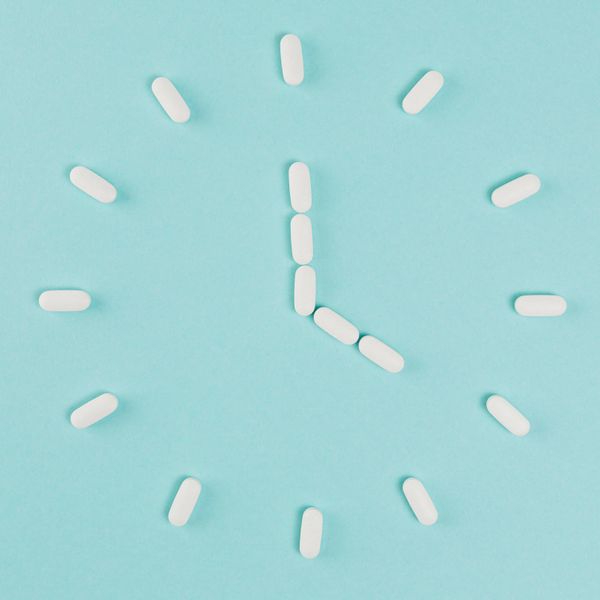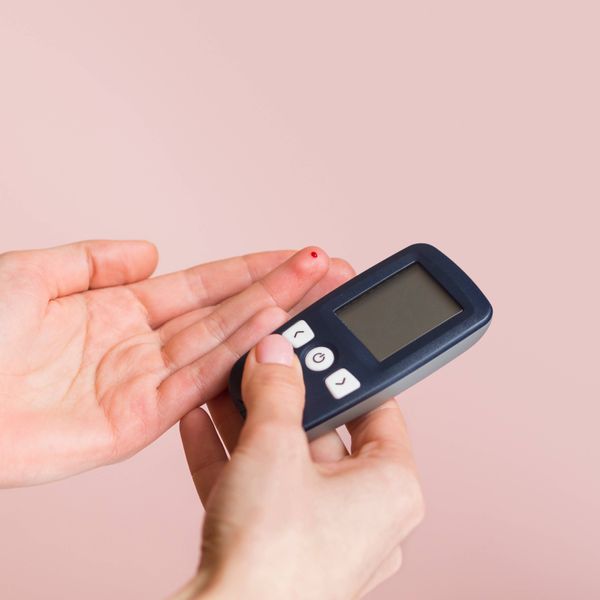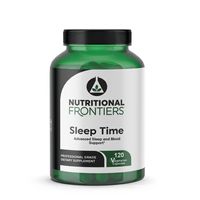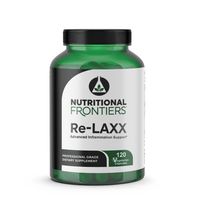Why Your Sleep Issues Might Be Hormonal (And What You Can Do About It)
By Dr. C Mac McMillan, Functional Medicine Compounding Pharmacist
If you’ve tried every over-the-counter sleep aid, shut down screens after 9 p.m., and still find yourself staring at the ceiling at 2 a.m., it’s time to stop blaming “bad sleep hygiene.” There’s a deeper issue that too often gets overlooked:
Your sleep issues might be hormonal.
As a functional medicine pharmacist, I’ve worked with hundreds of patients who were doing “all the right things” but still couldn’t fall asleep, stay asleep, or wake up feeling rested. Once we started supporting their hormonal rhythms—especially cortisol, melatonin, and reproductive hormones—they began sleeping like they hadn’t in years.
Hormones: The Sleep Architects of Your Body
Your sleep isn’t controlled by willpower—it’s orchestrated by an elegant system of hormones and neurotransmitters working in rhythm.

Cortisol
This is your “Rise and Shine” hormone. It should peak in the morning and drop steadily at night. But when you’re under chronic stress or inflammation, cortisol stays high in the evening, keeping your brain too alert to rest.

Melatonin
Melatonin is your biological sleep signal. But too much screen time, artificial lighting, and a lack of essential nutrients like magnesium can suppress your natural production.

Estrogen & Progesterone
In women, low progesterone or estrogen dominance can lead to anxiety, restlessness, and night sweats—common during perimenopause and menopause. Progesterone especially has a calming, sedative-like effect when balanced.

Insulin & Blood Sugar
If you’re waking up between 2–4 a.m., it may be blood sugar-related. A crash in the night can trigger cortisol and adrenaline to spike as your body panics to stabilize glucose levels.

Testing vs. Guessing
In functional medicine, we always aim to test, not guess. When patients come to me with sleep issues, we often run simple tests to evaluate cortisol rhythms, melatonin levels, and even estrogen/progesterone balance. We do these!
But even without lab testing, there are foundational nutrients and botanicals that gently reset your hormonal sleep pathways.
My Go-To Natural Support: The Sleep Support Kit
At the pharmacy, I’ve hand-selected key formulas—trusted in the Nutritional Frontiers line—to support patients who want a non-drug, hormone-balancing approach to sleep.
Sleep Time
A comprehensive sleep formula combining L-Theanine, 5-HTP, GABA, melatonin (low dose), and calming B vitamins. Sleep Time supports neurotransmitter balance, reduces mental chatter, and promotes deep, restorative sleep.
ReLaxx
A bioavailable magnesium glycinate complex formulated to promote relaxation, reduce muscular tension, and support healthy cortisol and melatonin levels. This is the #1 mineral deficiency I see in sleep-deprived patients.

Who This Kit Is For:
- Women in perimenopause or menopause with new-onset sleep issues
- Stressed professionals struggling with nighttime overthinking
- Anyone stuck in a pattern of waking up between 2–4 a.m.
- Those who’ve tried basic sleep aids with no relief
Subscribe & Save on Restful Nights
You can now get the Sleep Support Kit delivered monthly—because consistency is key when resetting hormonal rhythms.
Final Word: Trust Your Body. Support Your Rhythm.
If your body isn’t sleeping well, it’s talking to you. It’s time to listen holistically, not medicate blindly. Hormonal imbalance is not a life sentence—it’s a signal, and with the right support, you can reclaim deep, restful sleep.
If you’re ready to stop chasing melatonin gummies and start working with your body, this kit is a great first step. And if you need customized guidance, my pharmacy team is here to help.
- To better sleep,
- Dr. C Mac McMillan
- Your Functional Medicine Pharmacist


